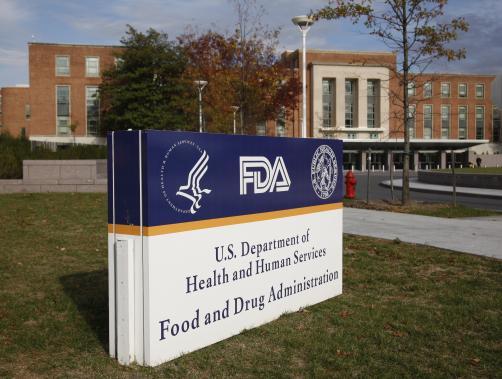Internal disagreements among staffers at the U.S. Food and Drug Administration could be contributing to slowdowns in prescription drug approval and delays in reaching goals under the Prescription Drug User Fee Act, a new report finds.
These internal divisions are increasingly causing problems in drug approval times, according to a report by Scott Gottlieb, M.D., a practicing physician and resident fellow at the American Enterprise Institute. The report, published in the Food and Drug Law Institute’s (FDLI) Food and Drug Policy Forum website, found the FDA in recent years “has struggled with an increasing number of disagreements among its scientific staff and there seems to be less unity around hard decisions and more instances where FDA staff labor to collaborate and work toward a consensus opinion.”
According to Gottlieb, these disagreements are ending up before the FDA’s public advisory committees for mediation and could ultimately cause the Agency to miss review goals within the PDUFA.
Contentious Political Environment
Gottlieb says one cause of the disagreements is the increasingly political environment in which the FDA operates and makes decisions, subject to scrutiny from the media, Congress, and increasingly outspoken interest groups. The contentious atmosphere “spooks managers away from challenging scientists who cling to outlying conclusions, even in cases where those opinions are based on flawed analysis.”
Julie Zawisza, director of communications for the FDA’s Center for Drug Evaluation and Research, defends the process, saying scientific disagreements are not uncommon and are inevitable, given the complex nature of the decisions that must be made.
“There is an internal program called Equal Voice that lets all viewpoints of the various scientific disciplines be heard. Every discipline is welcome to express their point, and each viewpoint is taken into consideration,” Zawisza said. “This in turn makes for a better decision. If an agreement cannot be reached, this can be taken to a managerial level.”
Zawisza also cites the FDA’s open forums, a part of the approval process in which the agency considers expert advice in a forum where anyone can sit in.
“The public can watch [the discussion] in action and make statements during the open forum,” said Zawisza.
Calls for Reforms
Ultimately, Gottlieb says, the current political environment that celebraties the bickering over difficult FDA reviews needs to be changed.
“Quality science requires experts from various disciplines to work together in a collaborative fashion and reach an informed consensus,” Gottlieb wrote. “When the drug agency is repeatedly unable to come to a common view on difficult questions, it is a good sign that FDA is not developing its opinions in a framework that makes optimal use of the agency’s expertise.”
Tabassum Rahmani ([email protected]) writes from Dublin, California.
Internet Info:
“Should FDA Restructure its Drug Review Process?” by Scott Gottlieb: http://www.aei.org/docLib/FDLIPolicyForumFile.pdf




